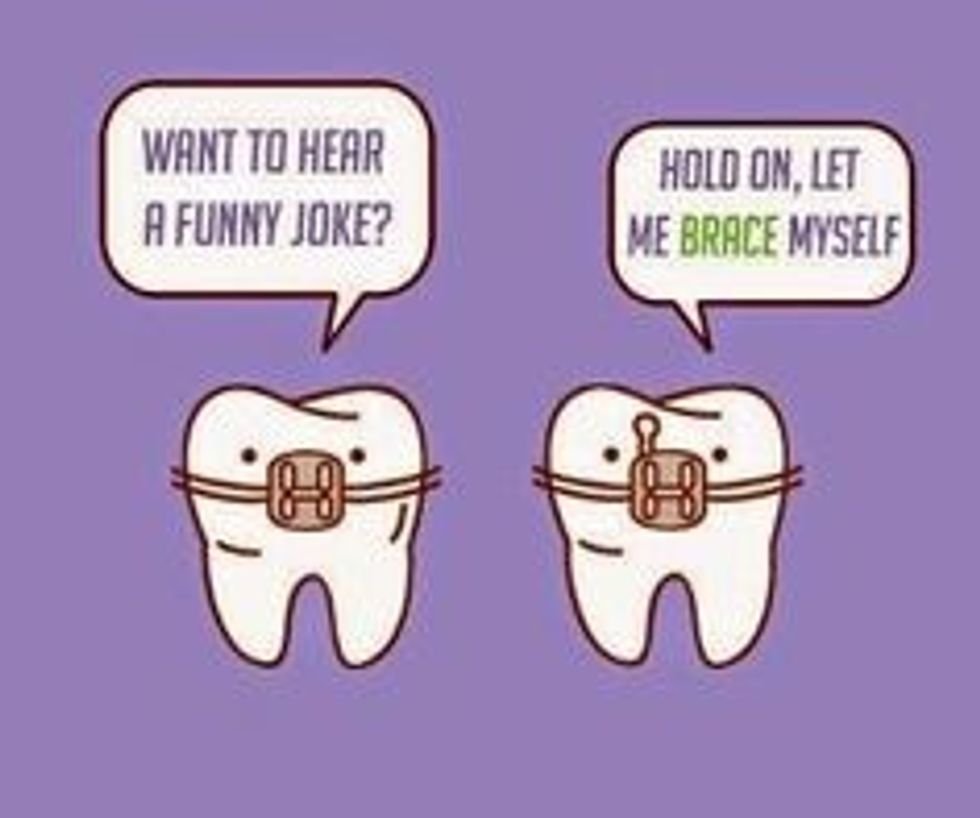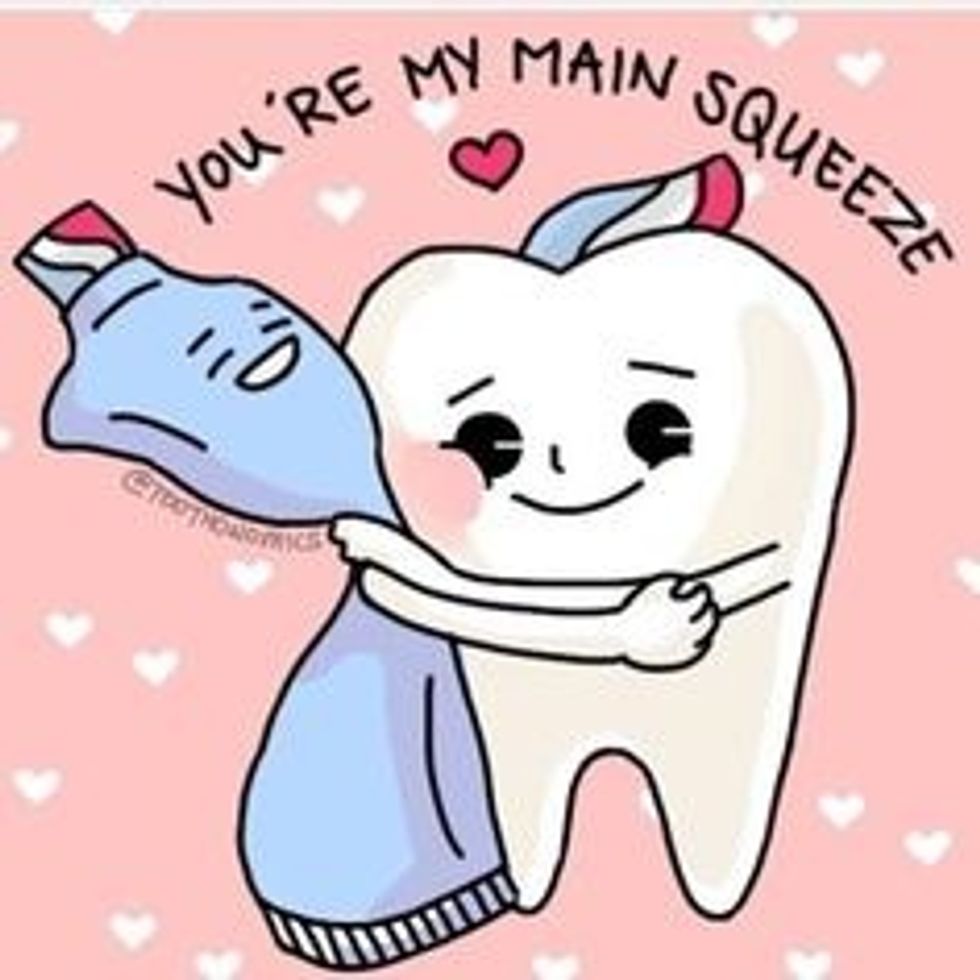Social Fashion Line beyondBeanie Changes The Lives Of Bolivia's Female Artisans
Rock a beanie, change a life.
Who are you wearing? The last time you heard this question was at a red carpet event you watched from your TV. The answer goes over our heads as the spectacle of the clothing overshadows the people who made it. You know a designer isn't the only one holding a thread and needle, right?
Think of the clothing brands you own and the stores that carry them.
Did you bother to check their labels or did you just like the way they looked? How much of your clothes are made with natural material instead of artificial polyester? So many of the big brands we buy and buy into do not have a personal touch or a face we can identify or identify with.
Most of the clothes on our back were made under harsh conditions we would not know about, or worse, care to. Social fashion lines are changing that, ones like beyondBeanie. Within the cities of Cochabamba, El Alto, La Paz, and Punata, Bolivia's social fashion line beyondBeanie empowers female artisans with the sale of their handmade clothing.
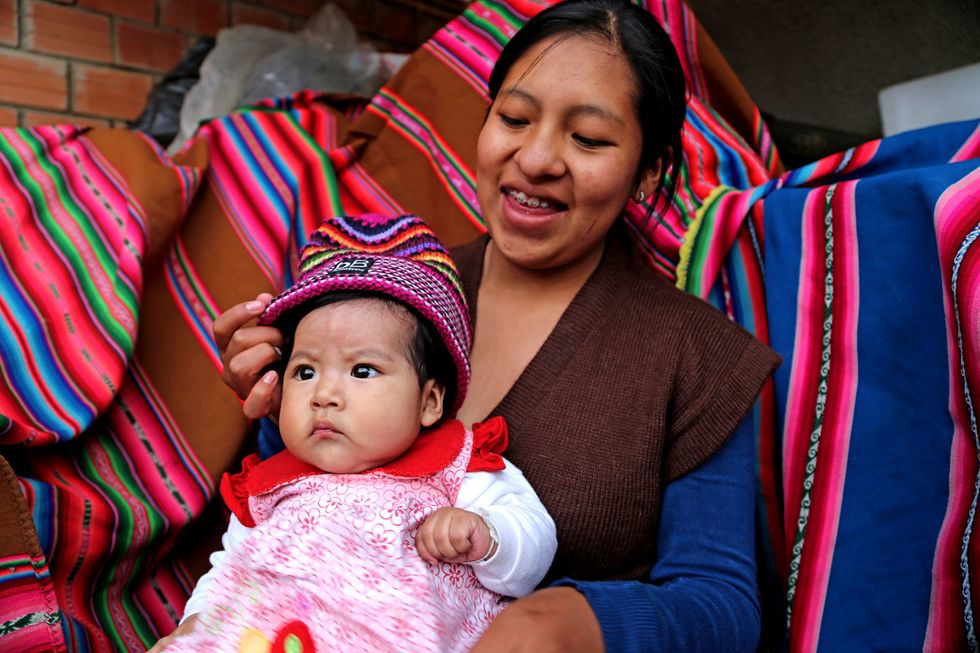
Naturally sourced fibers like alpaca wool make up the beyondBeanie clothing and accessories with spring and winter editions. Your purchase is also signed by the artist who made it, who you can read more about and thank in-person! Each bracelet, bag, headband, poncho, pair of gloves, and beanie sold supports charities and gives back to these artisans' children and disadvantaged communities.
The women artisans of Bolivia and beyondBeanie come from harrowing backgrounds. Some have been abandoned by their husbands and others have attempted to immigrate for education and careers. beyondBeanie has provided them opportunities to work from home in order to provide for their children.
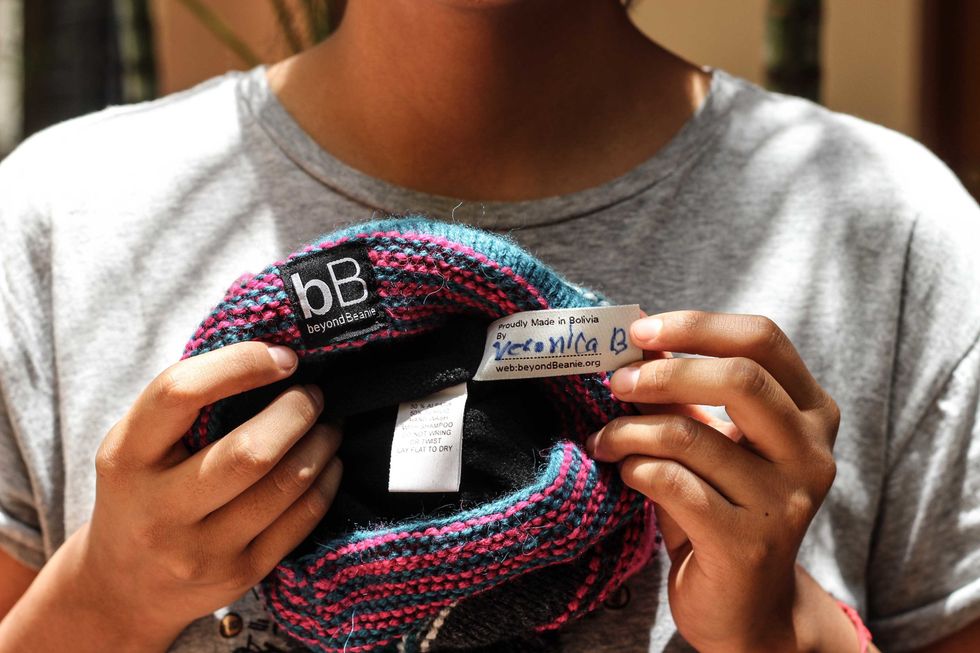
Behind every knitted beyondBeanie product are the following benefits a Bolivian child receives:
1 Beanie = 5 Meals
1 Bracelet = 1 Dental Care
1 Bag = 1 School Supplies
1 Poncho = 1 School Uniform
I have been given the gracious role of a beyondBeanie Rep and share the founders', Hector Alvarez and Patricia Lucero, mission to those who are conscience of the social impact they make. Fashion statements can be glamorous and celebrate the occasion, but with beyondBeanie, you are making a difference not just for a moment, but for a lifetime.
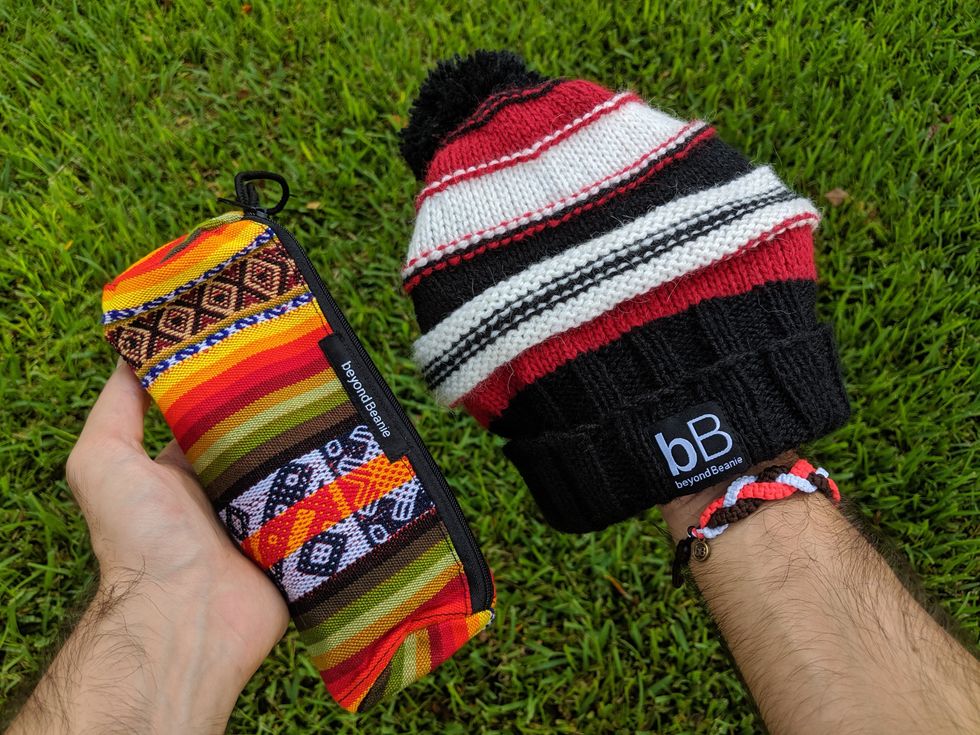
Receiving the Black Snow beyondBeanie, Mystery Pencil Case, and Matrea Chocolate Brown bracelet, knowing the hands that made it are working for better days and lives in their homes close and far, turned myself from being a consumer and into a donor. The quality of weave and design are uniquely chosen with care and attention to detail. I am glad to wear a supportive and charitable product.
One small purchase makes a huge difference for the families and communities in Bolivia. Think of all the big brand fashion lines that misuse the labor of their employees. The conditions and compensation these workers are given, especially women historically (the 1910 Chicago Garment Workers' Strike, for example), makes you think twice about wearing their clothes.
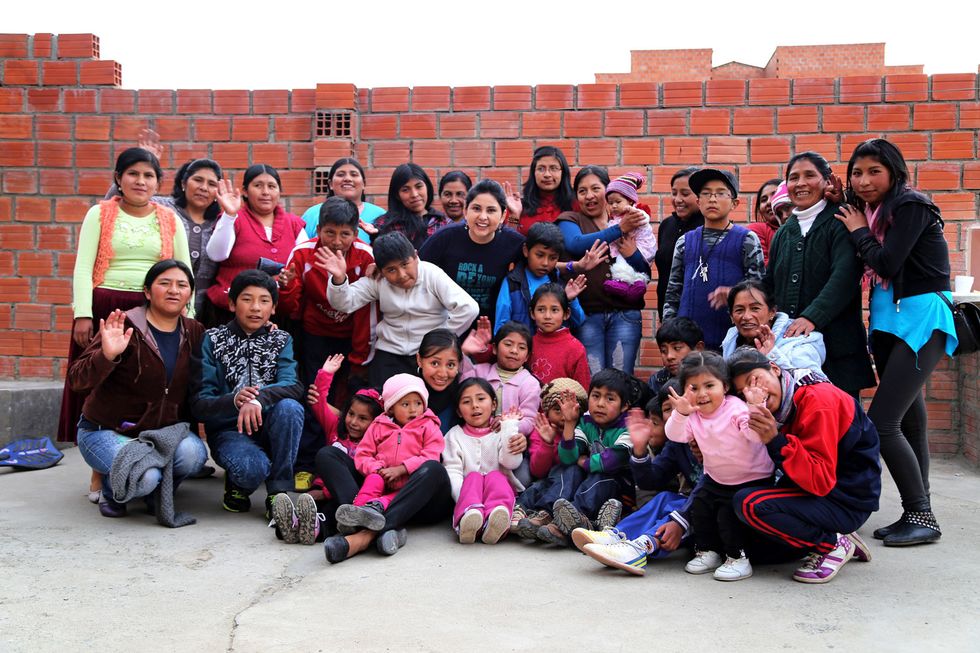
Make a change in the lives of Bolivians by making a purchase with the link below and using my 25% discount code, BWIG25:
beyondBeanie makes fashion fun and meaningful with their Charity Packs too!














